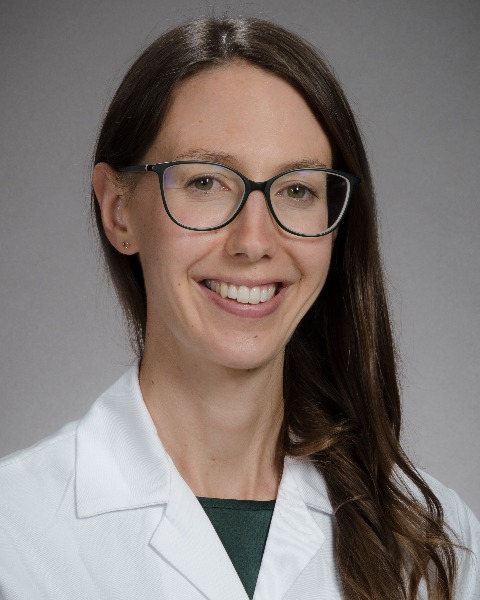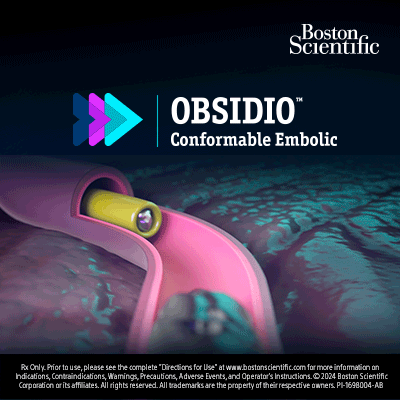SIR 2025
Interventional Oncology
Scientific Session
Safety and Efficacy of Y90 Radiation Segmentectomy for Unresectable Hepatocellular Carcinoma Larger Than 5 Centimeters

Grace Laidlaw, MD, MS (she/her/hers)
Assistant Professor
University of Washington, United States
Bruk Molla
Medical Student
University of Washington School of Medicine, United States
Guy Johnson, MD
Associate Professor
University of Washington Medical Center, United States
Presenting Author(s)
Author/Co-author(s)
Yttrium-90 (Y90) radiation segmentectomy (RS) is an established catheter-based therapy in the treatment of hepatocellular carcinoma (HCC), but data assessing Y90 RS efficacy in HCC > 5 cm is limited. This study aimed to evaluate the safety and efficacy of Y90 RS in patients with solitary HCC > 5 cm.
Materials and Methods: This single-center, retrospective cohort study included adult patients with unresectable solitary HCC > 5 cm treated with Y90 RS from 2018-2024. Patients with Barcelona Clinic Liver Cancer (BCLC) B8 or higher disease, Eastern Cooperative Oncology Group (ECOG) performance status >1, prior local therapies to index lesions, or confirmed extrahepatic disease were excluded. Follow-up imaging was performed at standard intervals. The primary outcome was local objective response rate (ORR), assessed by modified Response Evaluation Criteria in Solid Tumors (mRECIST). Secondary outcomes included overall response rates, progression-free survival (PFS), overall survival (OS), need for additional therapies, and adverse events, classified by Common Terminology Criteria for Adverse Events (CTCAE), v5.0.
Results: 33 patients with solitary HCC > 5 cm were included in this study. 85% of patients were male, and hepatitis C was the leading cause of HCC in 39%. The mean tumor size was 8.2 cm (5.0 cm–14.9 cm). 67%, 21%, and 12% of patients underwent 1, 2, and 3 Y90 treatments, respectively. Mean follow-up time was 462 days. Local ORR was 48%, with complete response (CR) observed in 33% and partial response (PR) in 15%. Local PFS was 90% (CI: 80-100%) at 200 days. Overall PFS was 63% (CI: 45-80%) at 200 days. Overall survival (OS) at 300 days was 85% (CI: 71-100%). Further interventions included locoregional treatments (21%), liver transplantation (9%), surgical resection (6%), and systemic therapies (27%). No CTCAE Grade 3 or higher adverse events were reported.
Conclusion:
In this single-arm study of patients with solitary HCC >5 cm, Y90 radiation segmentectomy demonstrated no high-grade adverse events, while achieving reasonable ORRs. Compared to other studies assessing tumors < 5 cm, these findings suggest that Y90 segmentectomy may be an effective treatment option for larger solitary HCCs, though additional therapies may be necessary to optimize outcomes. These results highlight needs for further research, particularly multi-center studies, to explore the curative potential of this approach for large HCC.


.jpg)